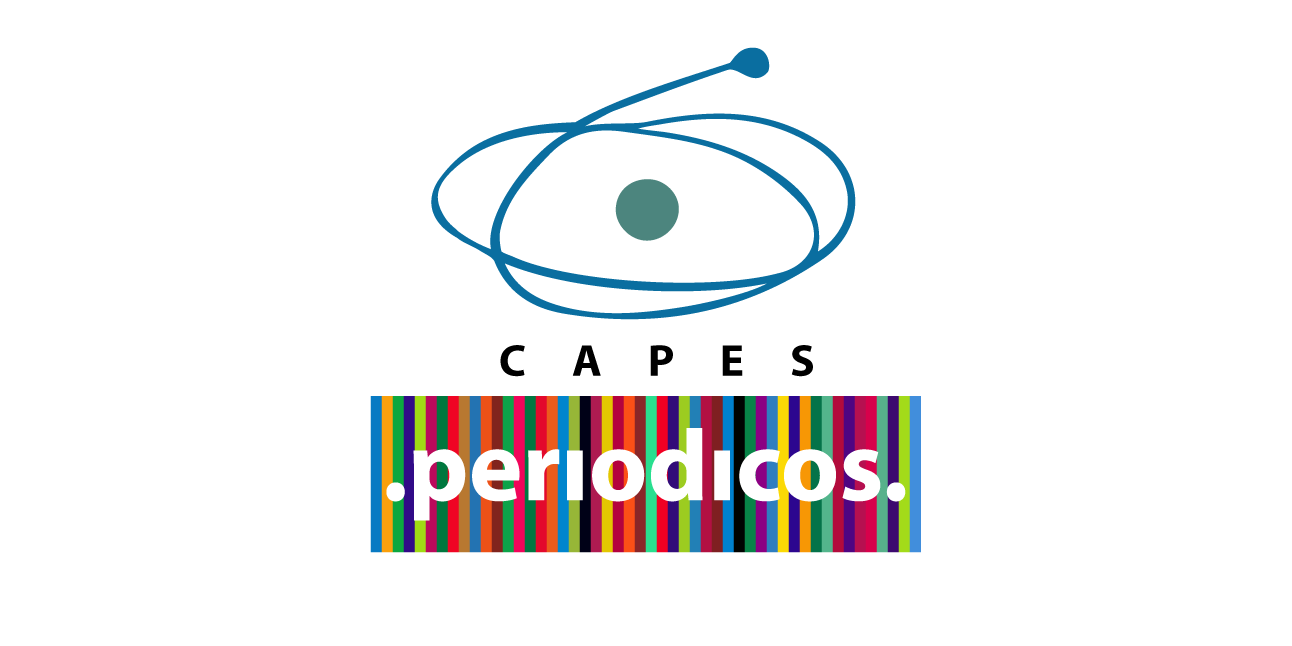OBSCENE WORDS AND SLANG BY THE PEOPLE OF SÃO PAULO: A STUDY FROM THE POINT OF VIEW OF PRAGMATIC NEOLOGY
DOI:
https://doi.org/10.17765/1518-1243.2018v20n2p181-191Keywords:
Pragmatism, Neology, Lexicology, Slang, Obscene words.Abstract
Obscene language used as slang is the result of neology. The paper surveys slang words from neologic constructions, particularly the choice of obscene words for interactivity based on pragmatic factors. Pragmatics, interactional sociolinguistics, variation sociolinguistics and lexicology constitute the basic theory. Methodology comprises the collection of obscene slang words in interviews. Results show that obscene slang words constitute a sociolinguistic and pragmatic behavior with a broadening of the lexical field through pragmatic neology. In fact, they consolidate the concept of slang and establish new meaning possibilities for obscene lexical units in the language.References
ALVES, I. M. Neologismo: criação lexical. São Paulo: Ática, 2002.
ANDRADE, M. M. Lexicologia, terminologia: definições, finalidades, conceitos operacionais. In OLIVEIRA, A. M. P. P. e IZQUERDO, A. N. (orgs.) As ciências do léxico: lexicologia, lexicografia, terminologia. Campo Grande/MS: Ed. UFMS, 1998, p. 189-198.
BARRERE, L. L. Face e polidez linguística em reclamações online: uma análise sob o viés pragmático. Entrepalavras, Fortaleza, v. 7, p. 383-405, jan./jun.2017.
BIDERMAN, M T. C. Fundamentos da Lexicologia. In Teoria linguística: teoria lexical e linguística computacional. São Paulo: Martins Fontes, 2001. p. 99-155.
BIDERMAN, M. T. C. Léxico e vocabulário fundamental. Alfa, São Paulo, 40: 27-46, 1996.
BONA, A. Il turpiloquio nel serial: approccio alla traduzione. Milano: 2008, 54f. Tesi di laurea. (Laurea in Mediazione Linguistica e Culturale) – Università degli Studi di Milano. Disponível em: http://www.focus.it/Community/cs/blogs/vito_dixit/default.aspx. Último acesso em: 24 set.2018.
CRYSTAL, D. Dicionário de linguística e fonética. Rio de Janeiro: Jorge Zahar Editor, 2000.
GUERRA, M. M.; ANDRADE, K. de S. O léxico sob perspectiva: contribuições da Lexicologia para o ensino de línguas. Domínios da Linguagem. v. 6, n° 1, 1° Semestre, 2012. p. 226-241.
GUMPERZ J. J. Discourse strategies. Cambridge: Cambridge University Press, 1982.
LABOV, W. Padrões sociolinguísticos. Trad. Marcos Bagno, Maria Marta Pereira Scherre e Caroline Rodrigues Cardoso. São Paulo: Parábola Editorial, 2008.
LEVINSON, S. C. Pragmática. São Paulo: Martins Fontes, 2007.
MARTELOTTA, M. E. Mudança linguística: uma abordagem baseada no uso. São Paulo: Cortez, 2011.
ORSI, V. Tabu e preconceito linguístico. ReVEL, v. 9, n. 17, 2011. p. 334-348.
ORTÍZ ALVAREZ, M. L. O léxico como expressão de identidade cultural. Anais do 52 GEL. Campinas: Mercado de Letras/IEL: 246, 2004.
PEREIRA, M. G. D. Introdução. Palavra (PUCRJ), Rio de Janeiro, n. 8, p. 7-25, 2002.
PRETI, D. A gíria e outros temas. São Paulo: T. A. Queiroz, 1984.
TRASK, R. L. Dicionário de linguagem e linguística. São Paulo: Contexto, 2004. 368p.
ULLMANN, S. Semantic universals. In GREENBERG, J. Universals in language. Massachusetts: MIT Press, 1966.
ULLMANN, S. Semântica: uma introdução à ciência do significado. Lisboa: Fundação Calouste Gulbenkian, 1977.
WEINREICH, U.; LABOV, W.; HERZOG, M. I. Fundamentos empíricos para uma teoria da mudança linguística. São Paulo: Parábola Editorial, 2006.
Downloads
Published
How to Cite
Issue
Section
License
The Editorial Board is authorized to make certain changes in the original text to comply with bibliographical norms, orthography and grammar, so that standards in language and style may be maintained. However, the author´s style will be preserved. The concepts developed by the authors are their exclusive concern and responsibility.In case of approval, the e-mail of acceptance will contain a Letter of Copyright with authors´ name, personal data, and signature of all authors.










